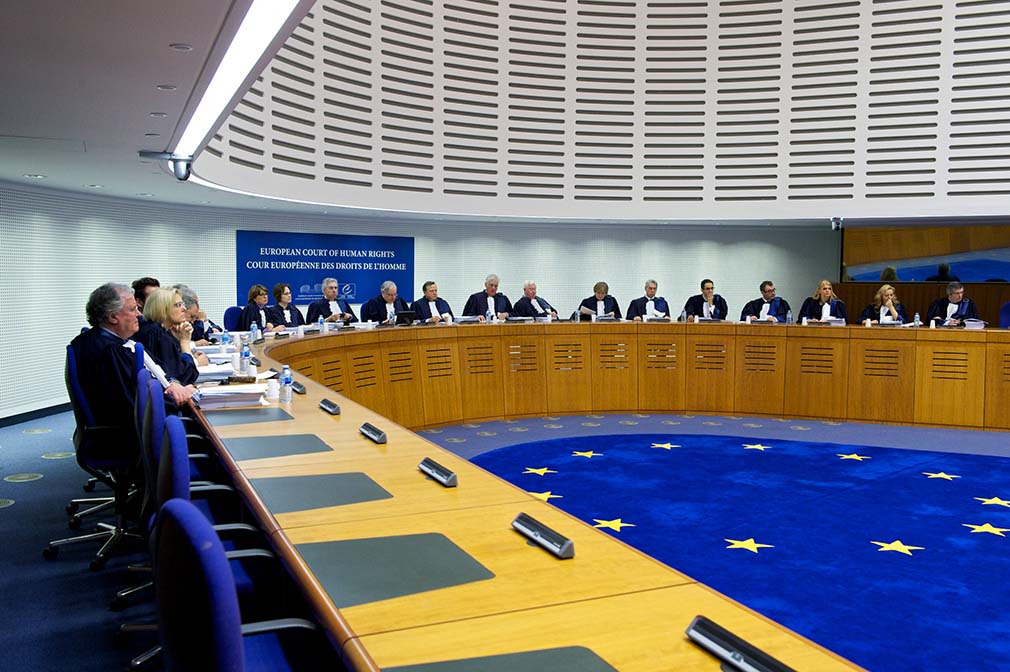The Registrar for the European Court of Human Rights (ECtHR) recently admonished several British newspapers for publishing misleading reports about the tribunal’s judgments. [The Guardian] The Registry‘s statement, which was emailed directly to reporters, explained that the ECtHR was “concerned about the frequent misrepresentation of its activities in the British media,” specifically pointing to recent articles discussing payments made to applicants whose human rights the ECtHR found had been violated. [Human Rights Europe]

The common theme of these recent news articles is that judgments from the ECtHR since 1998 have required the UK government to make substantial payments to successful applicants – some of whom, thus leading newspapers to suggest that the ECtHR’s judgments result in massive windfalls for criminals. One such article, published by the Daily Mail on October 7, is entitled “Human right to make a killing: Damning dossier reveals taxpayers’ bill for European court payouts to murderers, terrorists and traitors.” The article provides the total amount of payouts as £4.4 million. The ECtHR, however, clarified that the way the figure is presented is misleading, as the amount includes both legal costs and compensation. The failure to distinguish between both sets of numbers “creates the impression that applicants were awarded significantly more compensation than they really were and that the sums indicated were for the applicants’ sole benefit.” In fact, the total amount of compensation is £1.7 million, demonstrating that legal costs and expenses significantly exceeded compensation. [Human Rights Europe] The figures for the article were calculated from a table produced by Member of Parliament, Philip Davies, in response to a Parliamentary question at UK’s House of Commons.
Other articles also suggest that only criminals were receiving compensation. The ECtHR’s Registrar again explained that this implication was simply not true, and cited several cases involving applicants whose complaints did not relate to criminal prosecution or incarceration, like the applicants in Tinnelly and Sons Ltd and Others and McElduff and Others v. the United Kingdom, who were self-employed joiners blacklisted from public works projects, and the applicant in A. v. the United Kingdom, who was a 12 year old boy assaulted by his stepfather. [Human Rights Europe]
Finally, some articles implied that as political appointees, many of the ECtHR’s judges are not legal experts. The ECtHR’s Registrar took issue with this characterization, explaining , “Judges are not appointed but elected by the Parliamentary Assembly of the Council of Europe, composed of delegations from national parliaments, including Westminster.” Furthermore, the candidates are vetted by an independent international panel of senior judicial figures to satisfy Article 21(1) of the European Convention of Human Rights, which requires judges “either possess the qualifications required for appointment to high judicial office or be juriconsults of recognised competence.” [Human Rights Europe]
The ECtHR’s Registrar also noted that some of its decisions in sensitive areas would naturally give rise to criticism. However, the ECtHR cautioned the media against creating further confusion about its jurisprudence, citing the failure of newspaper reports to differentiate between legal costs and compensation as “one example of how a distorted picture of the Court’s decisions and work has been put forward.” [Human Rights Europe] While the ECtHR usually refrains from commenting about press coverage, its recent statement may be in response to growing antipathy towards the court among some groups in the United Kingdom, where several Conservative politicians, including both the Justice Secretary and the Home Secretary, have previously suggested dispensing with United Kingdom’s Human Rights Act and disengaging from the European Convention on Human Rights and the Court itself. [The Telegraph]
For more information about the current discussion of human rights in the run-up to UK’s General Election in 2013, visit Act for UK Rights Blog. Additional information about the United Kingdom and its ECtHR record can also be found in the ECtHR’s United Kingdom-specific factsheet.
